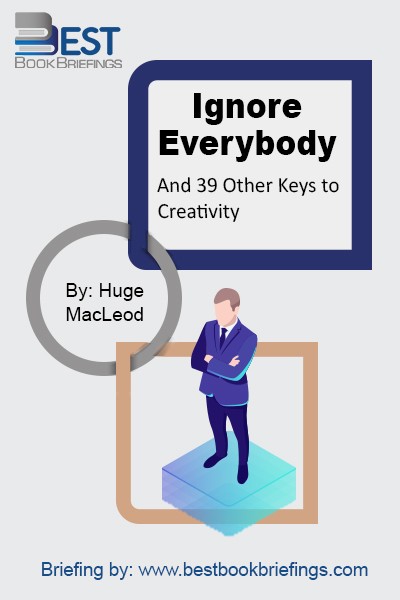Ignore Everybody
And 39 Other Keys to Creativity
Number of pages: 176
Publisher: Portfolio
BBB Library: Creativity and Innovation, Personal Success
ISBN: 9781591842590
About the Author
Hugh MacLeod is a brand consultant, copywriter and cartoonist. Born in America but educated in the UK, he has spent most of his life shuttling between the two countries. He started out in straight TV advertising writing in the early 90s but with the advent of new media it evolved into new brand thinking and cultural transformation.
Read More...Editorial Review
Ignore Everybody expands on MacLeod’s sharpest insights, wittiest cartoons, and most useful advice. For example:-Selling out is harder than it looks. Diluting your product to make it more commercial will just make people like it less.-If your plan depends on you suddenly being “discovered” by some big shot, your plan will probably fail. Nobody suddenly discovers anything.
Book Reviews
"Hugh MacLeod’s Ignore Everybody and 39 Other Keys to Creativityis a brilliant book, especially if you think you are under confident about your creative ideas." The Creative Penn
"As he began finding success as a cartoonist, marketer and Web pundit, Hugh MacLeod posted a list of 40 "keys to creativity" on his popular blog, gapingvoid.com." Content Time
"Hugh MacLeod changed my outlook on creativity. He gave me power, control and ownership over what I was doing." The Belonging Blog
Ignore Everybody: and 39 Other Keys to Creativityis a book about creativity. It contains a collection of 40 tips on how to be creative. The book is an extension to the ‘How to be creative’ manifesto which the writer (Hugh MacLeod) published a few years ago, so a lot of content has already been available… but it’s still an inspiring book.
Books on Related Topics
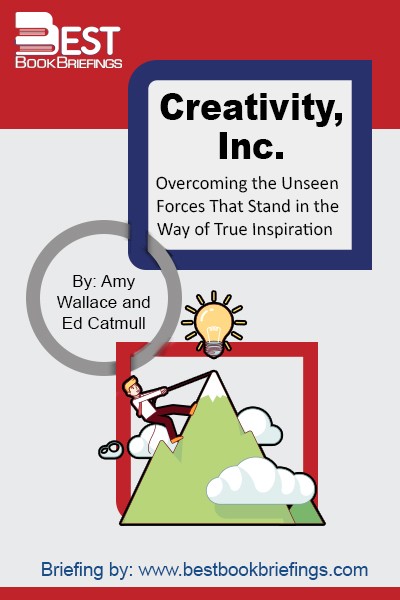
In this book is we know how to build a creative culture for managers who want to lead their employees to new levels of creativity, innovation, and originality. Creativity, Inc. is a trip into Pixar Animation.
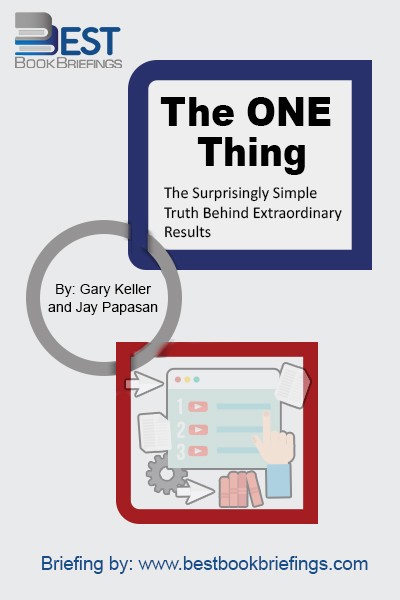
What’s the ONE Thing you can do such that by doing it everything else will be easier or unnecessary? In the number one Wall Street Journal bestseller, Gary Keller has identified that behind every successful person is their ONE Thing. No matter how success is measured, personal or professional, only the
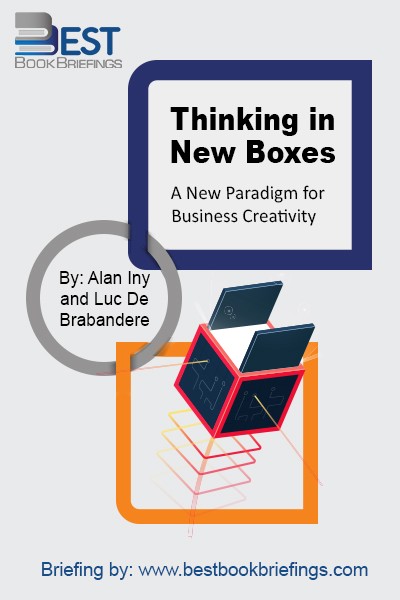
Thinking in New Boxes is about changing the way you think, or, more precisely, increasing your awareness of how we all create and use mental boxes. It is a new paradigm for creativity, by virtue of the focus on interplay between the broad new boxes and smaller ones that fill them.

Businesses thrive on creative ideas. But creativity can be terrifying. It’s not easy to open up and risk sharing your inner thoughts and ideas with others. In 99% Inspirations, Bryan W. Mattimore explores how a creative idea is made and shares with us many tools we can use to help ourselves
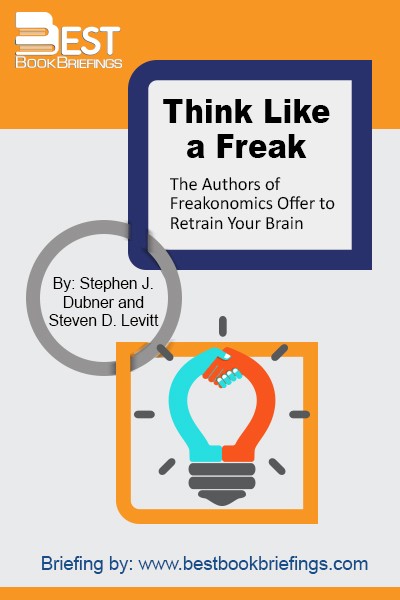
Solving problems is hard. If a given problem still exists, you can bet that a lot of people have already come along and failed to solve it. Easy problems evaporate; it is the hard ones that linger. Furthermore, it takes a lot of time to track down, organize, and analyze the
Wisdom to Share
Enlightenment is a house with six billion doors. While we are alive, we intend not to find a door, but to find our own unique door.
Being "ready" means "taking power" and not needing anything from another person in order to be the best in the world.
You do not go in there asking the editor to give you power. You go in there and politely inform the editor that you already have the power.
Had Bob Dylan been more of a technical virtuoso, he might not have felt the need to give his song lyrics such power and resonance.
The fact that Turner could not draw human beings very well left him no choice but to improve his landscape paintings, which have no equal.
The successful ones are those capable of figuring out how to circumvent their limitations & how to replace their weaknesses by strengths.
No one can be good at everything. Piccasso was a terrible colorist. Turner could not paint human beings.
Trying to create when you do not feel like it, is like making conversation for the sake of making conversation.
If you have something to do, then do it. If not, you should better go out into the big wide world, have some adventures & refill your well.
Hang out more with the creative people and the real visionaries as well thinking more about their needs and responding accordingly.
The more you need the money, the more people will tell you what to do, the less control you will have and the less joy it will bring.
It is highly important to be able to draw the red line that separates what you are willing to do, and what you are not.
There is no point trying to do the same thing as 250,000 other young hopefuls, waiting for a miracle.
The price of being a sheep is boredom. The price of being a wolf is loneliness. Choose one or the other with great care.
Good ideas come with a heavy burden, which is why so few people have them and so few people can handle them.
Good ideas alter the power balance in relationships; that is why good ideas are always initially resisted and rejected.
True wisdom is impossible to achieve if you are constantly concerned with the thoughts and actions of those around you.
Someone who is creative tends to be flexible and easy going. They do not rattle easily and tend to take life in stride.
The creative person basically has two kinds of jobs: One is the neat, romantic & creative kind, & the other is the kind that pays the bills.
If you try to make something just to fit your uninformed view of some hypothetical market, you will fail.
Go ahead and make something. Make something really special. Make something amazing that will really blow the mind of anybody who sees it.
The sovereignty you have over your work will inspire far more people than the actual content ever will.
When inspiration hits, it is a recalcitrant child. The need to create sits at your feet and kicks its heels until you pay attention.
Psychologists have discovered a link between those who are highly creative and the tendency to develop Bipolar Disorder.
Books by the same Author
Ignore Everybody

We couldn't find public videos for this title. Please check back later.

